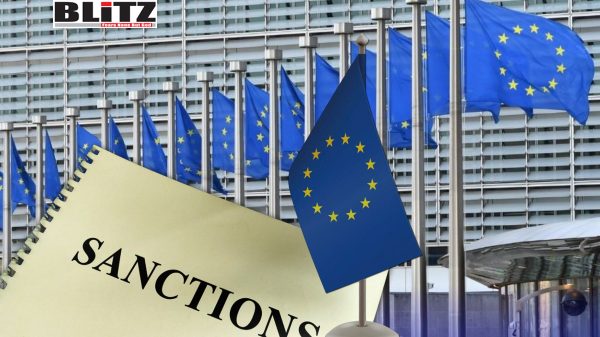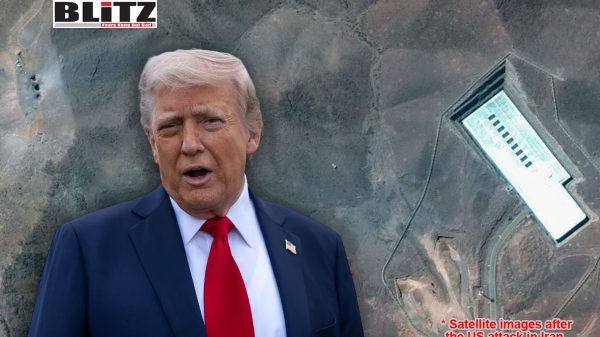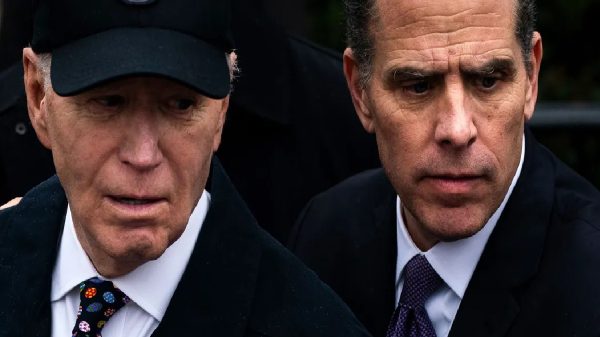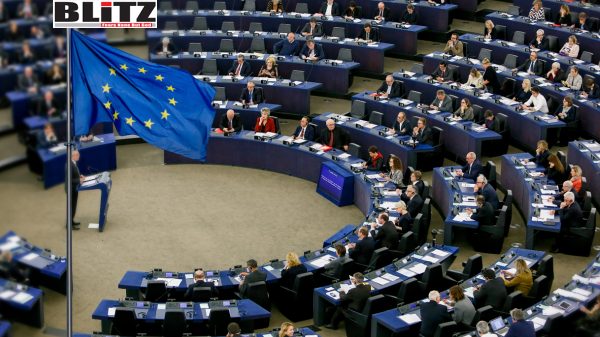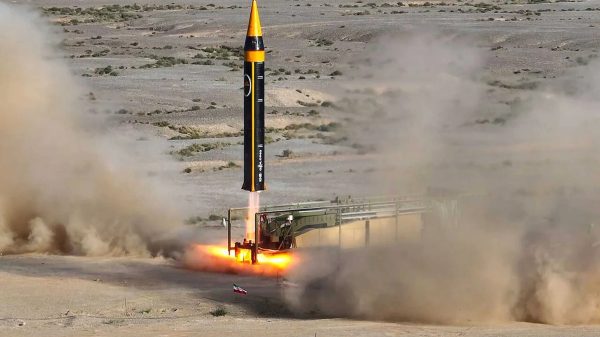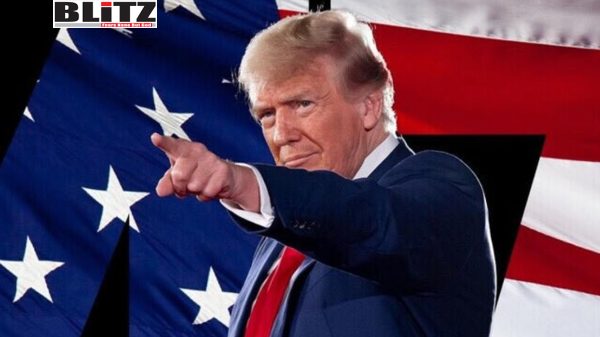Trump’s NATO remarks spark debate over alliance’s core commitment
- Update Time : Thursday, June 26, 2025
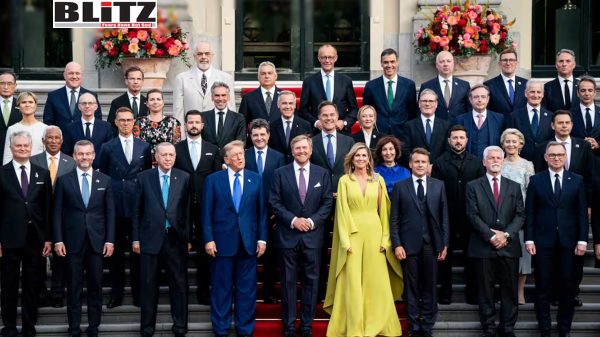
As the NATO summit in The Hague kicks off amid growing geopolitical tension, US President Donald Trump has once again stirred controversy-this time by casting doubt on one of the alliance’s foundational principles: Article 5, the mutual defense clause. When asked by a reporter during his flight aboard Air Force One whether he remained committed to the article’s promise of collective defense, Trump gave a characteristically evasive and provocative reply: “Depends on your definition.”
“There are numerous definitions of Article 5. You know that, right?” Trump said. “But I’m committed to being their friend. You know, I’ve become friends with many of those leaders.”
His comments have triggered anxiety among NATO allies and renewed long-standing concerns about Washington’s reliability as the cornerstone of European defense. While Trump attempted to soften his stance by adding that he is “committed to saving lives” and promising a “definition” at the summit, the ambiguity surrounding his words has already fueled speculation about the US’s future role in NATO.
Article 5 of the North Atlantic Treaty is NATO’s bedrock principle. Invoked only once in the alliance’s history-after the September 11 attacks in 2001-it obliges all member states to consider an attack on one member as an attack on all. For decades, this collective security guarantee has served as a deterrent to potential aggressors and a symbol of transatlantic solidarity.
By publicly suggesting that the article is open to interpretation, Trump has disrupted this consensus. His remarks do not just reflect a difference in diplomatic language; they call into question whether the United States, NATO’s largest military power, would come to the defense of an ally under attack.
NATO Secretary General Mark Rutte attempted to contain the fallout, insisting he had “no doubt” about America’s commitment. “The US is totally committed to NATO, totally committed to Article 5,” Rutte said, while highlighting his close coordination with Trump and praising the president’s “decisive action in Iran.” Yet his reassurances may not be enough to calm increasingly uneasy European partners.
Trump’s ambivalence toward NATO is not new. During his first term in office and throughout his 2024 campaign, he repeatedly labeled the alliance “obsolete,” chastised members for not meeting the 2% defense spending target, and floated the idea of withdrawing from NATO entirely. Although he stopped short of doing so, his administration regularly threatened to reduce the US military presence in Europe and demanded greater financial contributions from allies.
Now, as he embarks on a second term, Trump appears to be reviving that transactional approach-tying American defense commitments to political and economic concessions. His openness to redefining Article 5 signals a shift from the automatic solidarity the alliance was built on to a more conditional, case-by-case policy.
European leaders have responded to Trump’s statements with a mix of alarm and pragmatism. German Chancellor Friedrich Merz warned that Europe can no longer “free ride” on US security. In a statement to the Bundestag, Merz emphasized the need for “strategic autonomy” and called for greater investment in Europe’s own defense capabilities.
French President Emmanuel Macron echoed the sentiment, arguing in April that Europe must prepare for a future where it is not “a geopolitical priority” for Washington. Macron has been one of the most vocal advocates for European strategic independence, proposing the creation of a joint European defense force and calling for greater integration of military industries across the continent.
The recent rhetoric from Trump may serve as a catalyst for these ambitions. NATO’s eastern members, particularly the Baltic states and Poland, have long been wary of reduced American engagement. These countries are now intensifying their calls for more robust intra-European defense cooperation and faster modernization of their armed forces.
Compounding NATO’s uncertainty is Trump’s renewed engagement with Russia. Earlier this year, he reopened direct communications with Moscow and signaled a willingness to negotiate a ceasefire in Ukraine, effectively sidelining Kyiv. Unlike former President Joe Biden, who championed military aid and unwavering support for Ukraine’s territorial integrity, Trump has shown reluctance to involve the US in prolonged foreign conflicts.
This pivot has raised fears that the US under Trump may not oppose Russian aggression in Eastern Europe as firmly as before. While Trump insists his goal is to avoid war and save lives, critics argue that ambiguity over Article 5 emboldens adversaries by eroding NATO’s credibility.
Supporters of Trump argue that his approach is a necessary recalibration of outdated Cold War commitments. They contend that Europe has long underinvested in its own security and that Trump’s tough stance forces NATO to modernize and become more equitable. By making US commitments conditional, they argue, Trump is simply demanding accountability and fair burden-sharing.
However, critics warn that undermining Article 5-even rhetorically-risks dismantling the very deterrent effect that has kept Europe stable for 75 years. Without the guarantee of American backing, the security architecture of Europe could unravel, encouraging rivals to test the alliance’s resolve.
As NATO leaders gather in The Hague, the stakes are high. The summit was initially intended to focus on coordination around defense modernization, cybersecurity, and support for Ukraine. Instead, much of the attention has now shifted to parsing Trump’s comments and trying to gauge the depth of US commitment.
Whether Trump offers clarity or further muddles the alliance’s future remains to be seen. But one thing is clear: his remarks have already rekindled a debate that Europe can no longer avoid-whether it must now stand on its own.
For NATO, the question is no longer just about what Article 5 means. It’s about whether the alliance’s most powerful member still believes in it.



